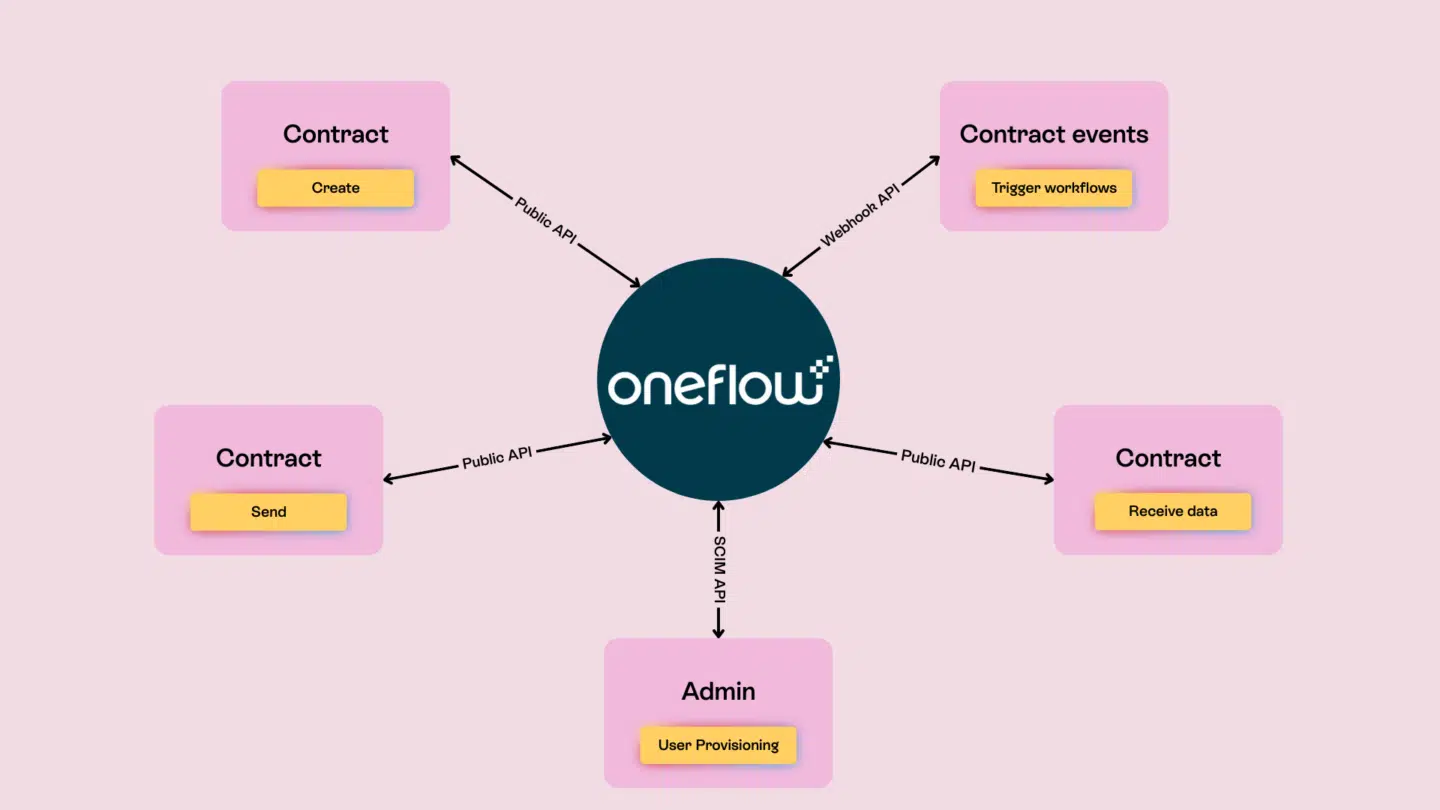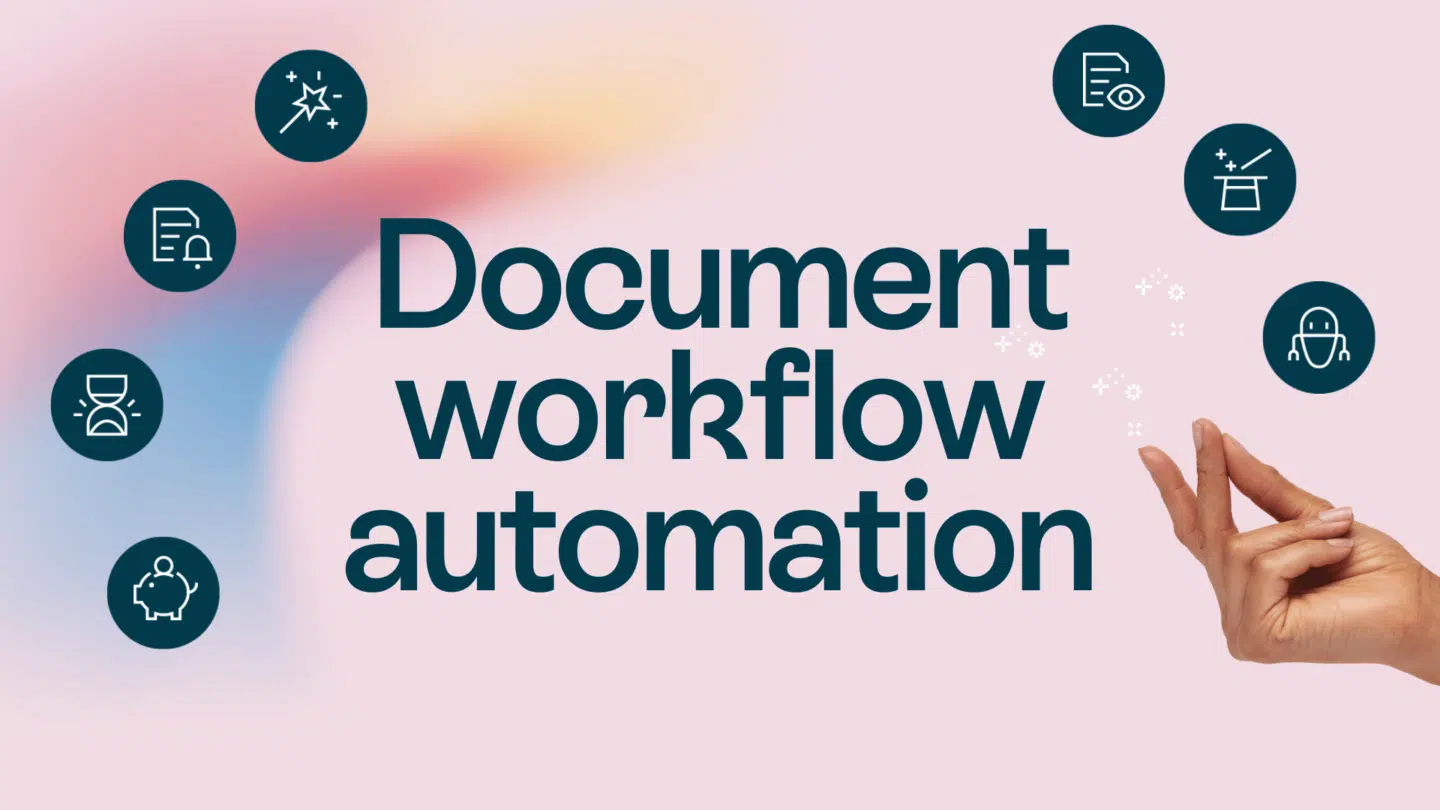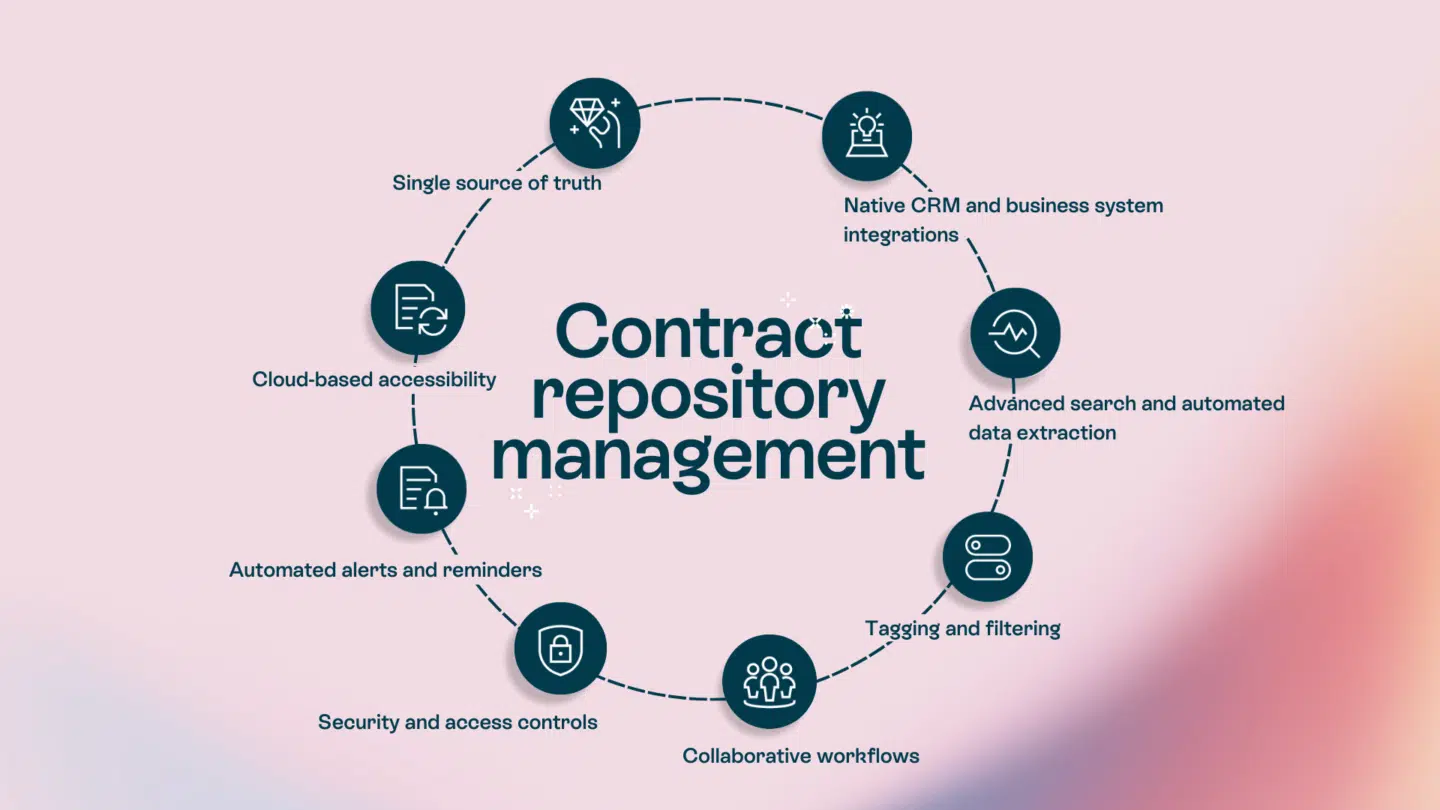In today’s digital age, electronic signatures have become a standard method for signing documents, offering convenience and efficiency. However, a common question arises: is an electronic signature valid indefinitely, or does its validity have an expiration date? Let’s delve into this topic to understand the lifespan and legal standing of electronic signatures.

Understanding electronic signatures
An electronic signature, or e-signature, is data in electronic form that is logically associated with other electronic data and used by the signatory to sign the associated data. This type of signature holds the same legal standing as a handwritten signature, provided it adheres to the requirements of specific regulations, such as the eIDAS regulation in the European Union or the Electronic Signatures in Global and National Commerce Act (ESIGN) in the United States.
Legal frameworks governing electronic signatures
The validity of electronic signatures is primarily governed by regional laws and regulations. In the European Union, the eIDAS regulation establishes standards for electronic transactions, ensuring that electronic signatures are legally recognized across member states. Under eIDAS, a qualified electronic signature has the same legal effect as a handwritten signature.
Duration of validity for electronic signatures
The validity of an electronic signature depends on several factors:
- Validity of the digital certificate: Many electronic signatures rely on digital certificates issued by trusted certificate authorities. These certificates have a defined validity period, often ranging from one to three years. Once the certificate expires, any new signatures made with it may be considered invalid. However, documents signed before the certificate’s expiration remain valid, as the signature’s validity is tied to the certificate’s status at the time of signing.
- Technological considerations: Over time, advancements in technology can render certain cryptographic algorithms obsolete. If an algorithm used to create an electronic signature becomes compromised, signatures relying on that algorithm may no longer be considered secure or valid. Therefore, it’s essential to use up-to-date and secure technologies for electronic signatures.
- Long-term validation: To ensure the long-term validity of electronic signatures, especially for documents that need to be preserved for extended periods, mechanisms like time-stamping and archival services are employed. These services provide evidence that the signature was valid at the time of signing and help maintain its validity over time, even if the original cryptographic methods become outdated.
Read also: What is electronic signature? A complete guide
When does the validity of an electronic signature end?
An electronic signature’s validity can be challenged or considered void under certain circumstances:
- Revocation of the digital certificate: If the digital certificate associated with the signature is revoked before its expiration—due to reasons like compromise or unauthorized use—signatures made with that certificate after revocation are invalid. However, signatures made before revocation typically remain valid.
- Document alterations: If a document signed electronically is altered after signing, the signature may become invalid. Most electronic signature solutions can detect post-signing alterations, ensuring the document’s integrity.
- Legal or regulatory changes: Changes in laws or regulations can impact the validity of electronic signatures, especially if new standards are introduced or existing ones are updated.
Ensuring the longevity of electronic signatures
To maintain the validity of electronic signatures over time, consider the following best practices:
- Use qualified electronic signatures: In regions like the EU, qualified electronic signatures offer the highest level of assurance and are presumed to have the same legal effect as handwritten signatures. These signatures are created using qualified signature creation devices and are based on qualified certificates issued by trusted service providers.
- Implement long-term validation measures: Utilize time-stamping and archival services to ensure that electronic signatures remain valid and verifiable over extended periods. These measures provide evidence that the signature was valid at the time of signing and help protect against future technological changes.
- Stay updated with legal requirements: Regularly review and comply with current laws and regulations governing electronic signatures in your jurisdiction to ensure ongoing validity.
Conclusion
Electronic signatures are a powerful tool in modern business and personal transactions, offering efficiency and legal recognition. While the signatures themselves do not inherently expire, their validity is influenced by factors such as the status of digital certificates, technological advancements, and regulatory frameworks. By understanding these factors and implementing best practices, individuals and organizations can ensure that their electronic signatures remain valid and enforceable over time.








